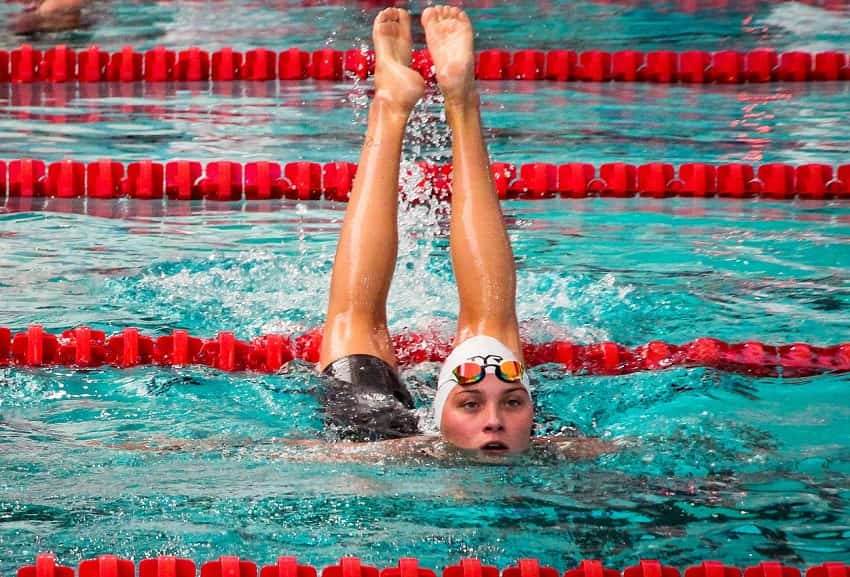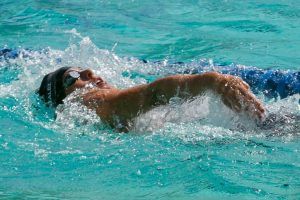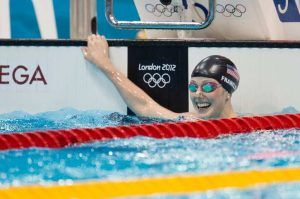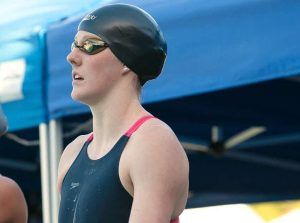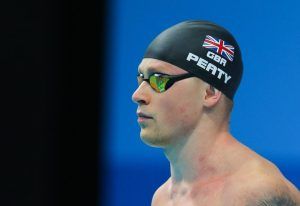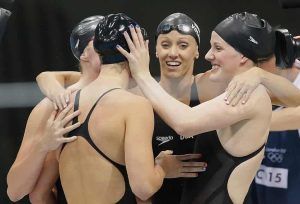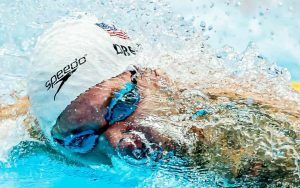There are workouts that are forever stamped in your memory:
- The time you got up on the blocks at the end of a devastating distance workout and came within a tenth of your best time of your best race during a get out swim.
- When you cracked a minute for the first time in practice.
- Or where you dusted your best time for a 200 freestyle kick by an almost unimaginable margin.
The memory is strong because you remember the way you felt after those practices. Like all the hard work was worth it. With a keen understanding of the sacrifices you had made it suddenly all felt worthwhile.
Leaving the pool that day you felt as though you could conquer the swimming world.
The “Other” Workouts
And then, of course, there are the other workouts you remember:
- Where you got kicked out of practice because you were swimming so slow.
- Where no matter how hard you seemingly tried, you couldn’t get things going.
- Where frustration with a lack of progress boiled over into a blow-up with coach.
Yeah. Those workouts.
The not-so-bad news is that we all experience those infuriating practices where nothing seems to go right.
Further, there is still value to be found in those terrible sessions in the water.
The Bad Practices Matter Too
It’s understandable to want to throw in the towel the moment that things aren’t going your way in practice.
But if you stick through warm-up, plod through the pre-set, and dig deep to complete the main set you will find that there are some surprising benefits to completing that bad workout.
Bad practices are where mental toughness comes into play.
It’s easy to train hard and fast when you feel great. It doesn’t take much to destroy the main set when your stroke is catching, you are gliding across the water, and you are crushing your lane-mates.
It’s on the days where your stroke feels like crap, your feel for the water isn’t there, and you are getting dusted by your teammates that toughness comes from.
Bad practices tell you what is not working.
Seems obvious, but when things are going well we aren’t as perceptive as to what created the circumstances that led to things going well. We tend to feel bad practices more deeply than we experience good ones.
Bad practices provide the opportunity to be a powerful teacher if we choose to heed its lessons.
Bad practices can always be salvaged.
No matter how slow you are going there is always something you can be working on in the water. A tighter streamline, holding a breathing pattern, or better hand positioning on the entry are all things that require no physical effort.
You don’t need to swim an in-practice PB to call it a great workout—there are lots of different ways you can draw a positive from a bad session in the water.
Write Out Your Bad Workouts
Caeleb Dressel, the fastest swimmer ever across 50 and 100 yards, is a true student of the sport.
Dressel’s training log has taken on legendary status, with the University of Florida Gator keeping a detailed history of his training both in the water and in the gym.
And while we all know the motivational impact of writing out a great workout, for Dressel the impact of his training log is especially apparent with the not-so-great workouts.
He understands the value in not shying away from the bad sessions, as they provide a greater opportunity for learning and improvement.
“The bad practices, I feel, you get more out of,” said Dressel at the Orlando Pro Series in March of 2016, hot on the heels of his crushing SEC championships performance where he broke the US Open record in the 50-yard freestyle.
“That’s where I feel you get the best training. You don’t get as much from a good practice when you’re feeling good. It’s when you gotta change your mindset, when you are getting dumped on at practice, where you gotta get up and change something.”
“The good practices are easy, you gotta go for the hard ones. I feel like you learn more from those. So I will write anything, everything—technique, how I felt, it was a good practice, it was a bad practice, anything.”

